Welcome!
Welcome to the discussion on digital learning and transformation. The discussion ensures engagement and is open to all. To get involved in the discussion, sign up, create your log in and share your thoughts below ⬇
Discussion paper
This paper brings together the latest on digital learning and transformation.
Key Issues/Strands
- Digital transformation of education systems
- Connectivity/narrowing digital divide; inclusive/assistive technologies
- Free, open and high-quality digital education content
- Digital citizenship, well-being, privacy and security
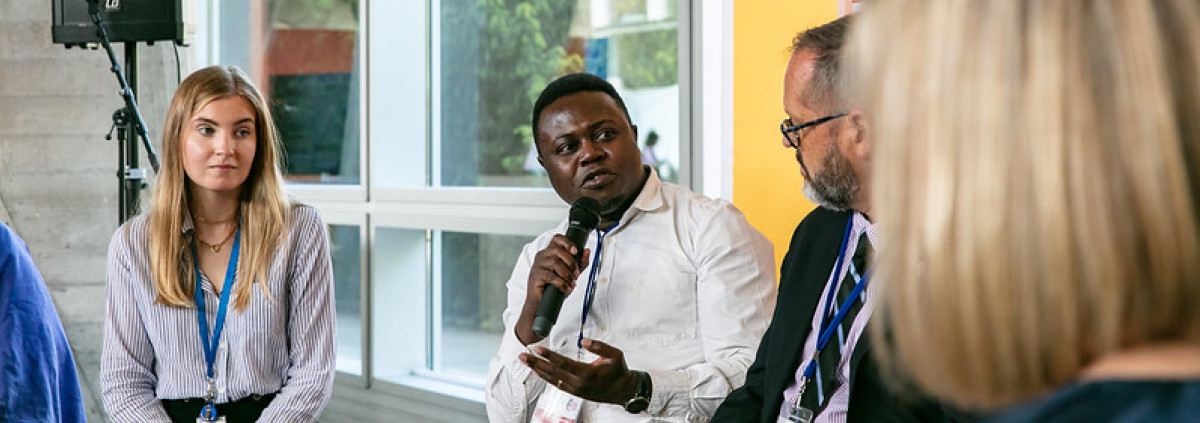
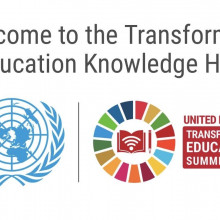
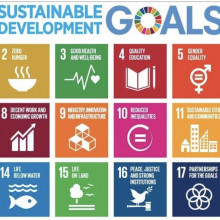
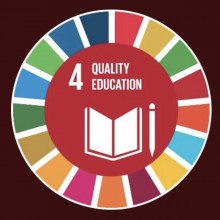
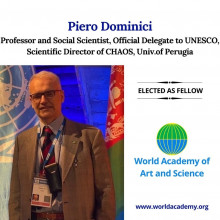
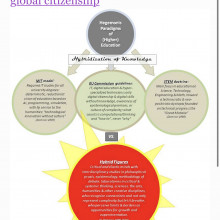
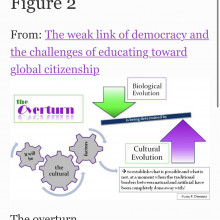
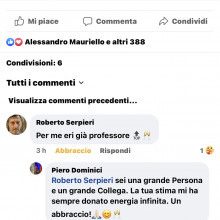
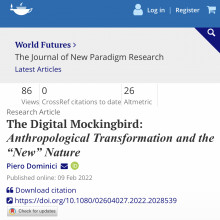
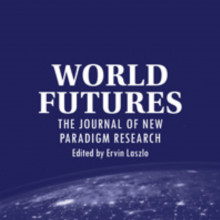
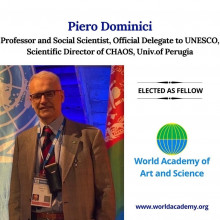
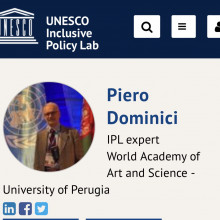
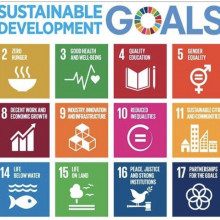
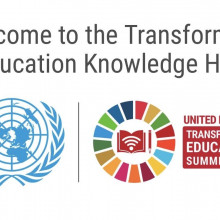
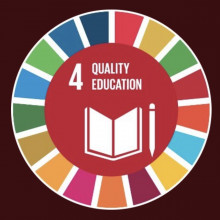
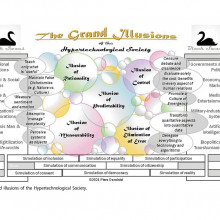
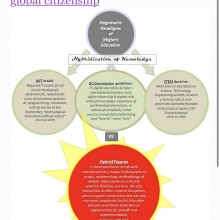
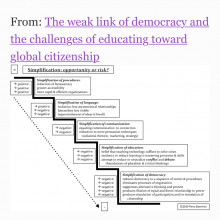
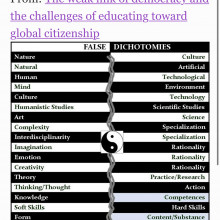
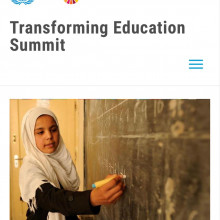
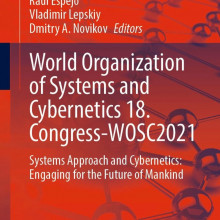
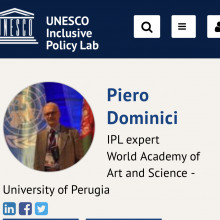
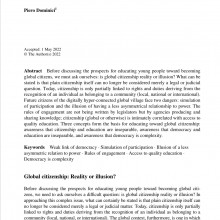
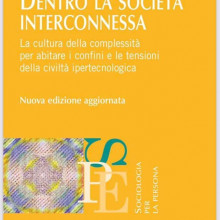
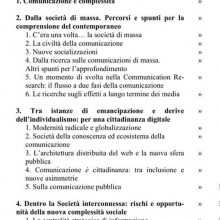
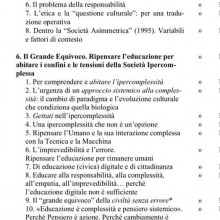
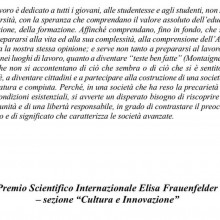
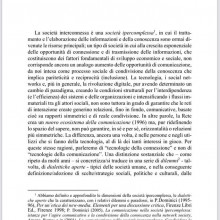
Totally agree on this aspect. To bring in education for sustainable devlopment(ESD) or some call it as Climate Change education(CCE) as a Common Global Curriculum Policy for K-12 and teacher education based on 17 SDGs is the need of the hour . This will serve dual purpose - with so many OERs available and the best one can be selected or developed in support with UNESCO, UNICEF, GPE..and other multilateral organizations supporting this cause of imparting Digital and Green skills say for example Worlds Largest lessons .
Instead of multiple Tech companies producing similar edtech resources
The TES Climate Change letter with so many signatories involved should not let this historic opportunity to go and make CCE compulsory in the curriculum . UNICEF may declare one OER as final to be used and the UNICEF country offices in every member country can work on the Localisation of the SDG Curriculum dealing with just one edtech company from each member country selected by the concerned government . Thats the best way to avoid too many cooks spoil the broth logic- in this case the edtech companies.